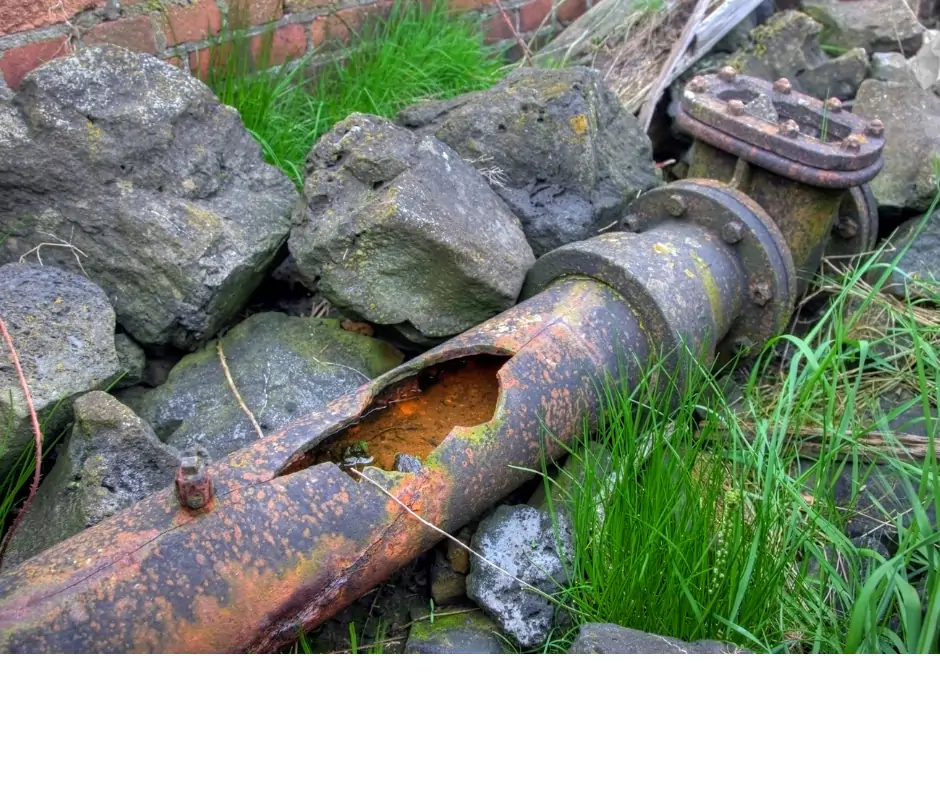
Residents of Giyani in Limpopo have expressed deep frustration over the protracted delays and unfulfilled promises surrounding the multi-billion rand Giyani Water Project. Despite the project being slated for completion a decade ago, communities continue to grapple with inadequate access to clean and reliable water sources, a basic necessity for human life and development.
Initially conceived as a beacon of hope to address water scarcity in the region, the Giyani Water Project has become emblematic of government inefficiency and bureaucratic red tape. With a new completion date announced for the first phase of the project, hope flickers once more for the beleaguered residents. However, this optimism is tempered by the realization that only 24 out of the 55 villages in the area will benefit, leaving many still in the throes of water insecurity.
The Giyani Water Project, with its lofty ambitions and substantial budget, was expected to transform the lives of thousands by providing access to clean water and sanitation facilities. However, mismanagement, corruption allegations, and a lack of accountability have plagued its implementation, leaving communities disillusioned and marginalized.
The frustration among Giyani residents is palpable, as they recount years of broken promises and dashed hopes. “We have been waiting for this project for too long,” laments a resident who preferred to remain anonymous, fearing reprisals for speaking out. “Our children suffer from waterborne diseases, and we spend hours each day fetching water from distant sources.”
The ramifications of inadequate access to water extend far beyond the inconvenience of long walks and contaminated sources. Health concerns loom large, with waterborne illnesses such as cholera and dysentery posing a constant threat to public health. Economic opportunities are also stifled, as the burden of water collection falls disproportionately on women and children, limiting their ability to pursue education and employment.
In response to mounting pressure from community groups and civil society organizations, government officials have announced a revised timeline for the completion of the Giyani Water Project’s first phase. While this development offers a glimmer of hope, skepticism abounds among residents who have grown accustomed to broken promises and false starts.
The announcement that only 24 villages out of 55 will benefit from the project further underscores the inequities and disparities that persist in South Africa’s water infrastructure development. Marginalized communities, already burdened by poverty and systemic neglect, are once again left behind, relegated to the sidelines of progress.
Critics argue that the piecemeal approach to water provision exacerbates existing inequalities and fails to address the root causes of water scarcity. “Water is a basic human right, not a privilege reserved for the few,” asserts activist Thandiwe Moyo. “Until we address the systemic issues of corruption and mismanagement, projects like Giyani will continue to fall short of their promise.”
In addition to the immediate challenges posed by the Giyani Water Project’s delays, there are also long-term implications for environmental sustainability and climate resilience. As droughts become more frequent and severe, ensuring access to clean water becomes an increasingly urgent imperative. Failure to act decisively now risks condemning future generations to a perpetual cycle of deprivation and despair.
As the saga of the Giyani Water Project unfolds, it serves as a sobering reminder of the profound challenges facing South Africa’s water sector. While infrastructure development is undoubtedly crucial, it must be accompanied by robust governance mechanisms and genuine community engagement to ensure that the benefits are equitably distributed and sustainable over the long term.
In the meantime, residents of Giyani continue to wait, their patience worn thin by years of broken promises and bureaucratic inertia. As the wheels of progress turn slowly, they remain steadfast in their demand for accountability, transparency, and, above all, access to the most basic of human needs: water.
This website uses cookies.